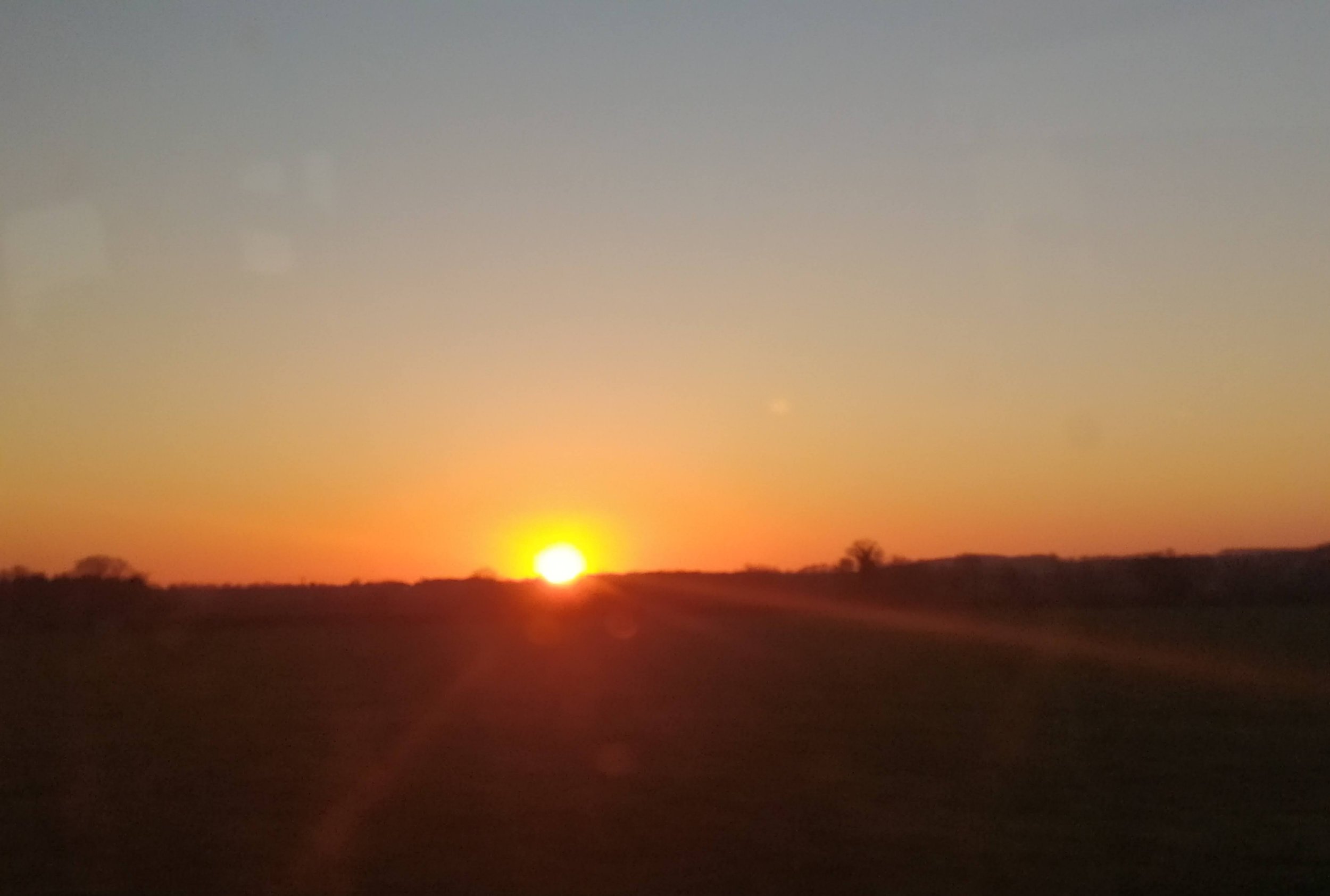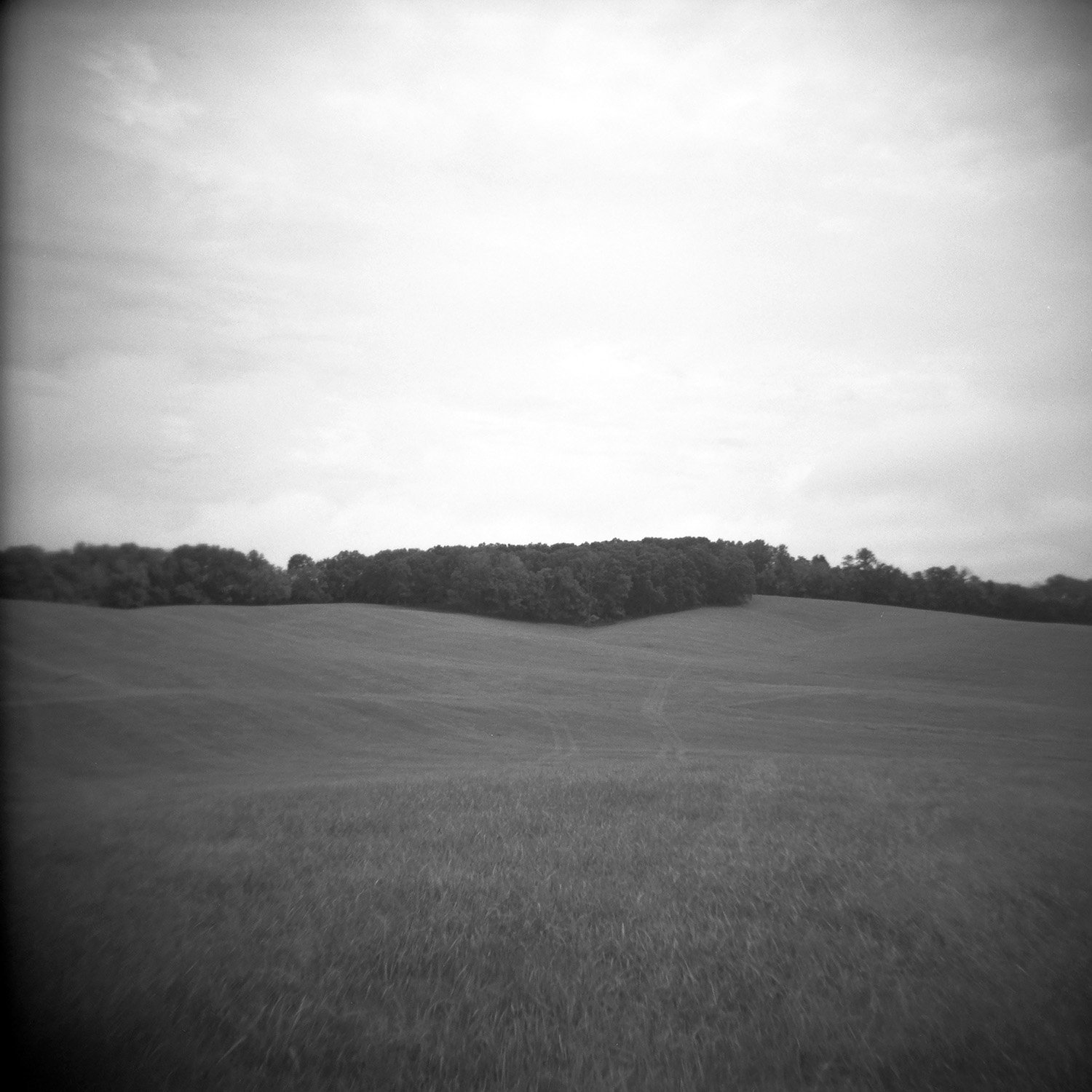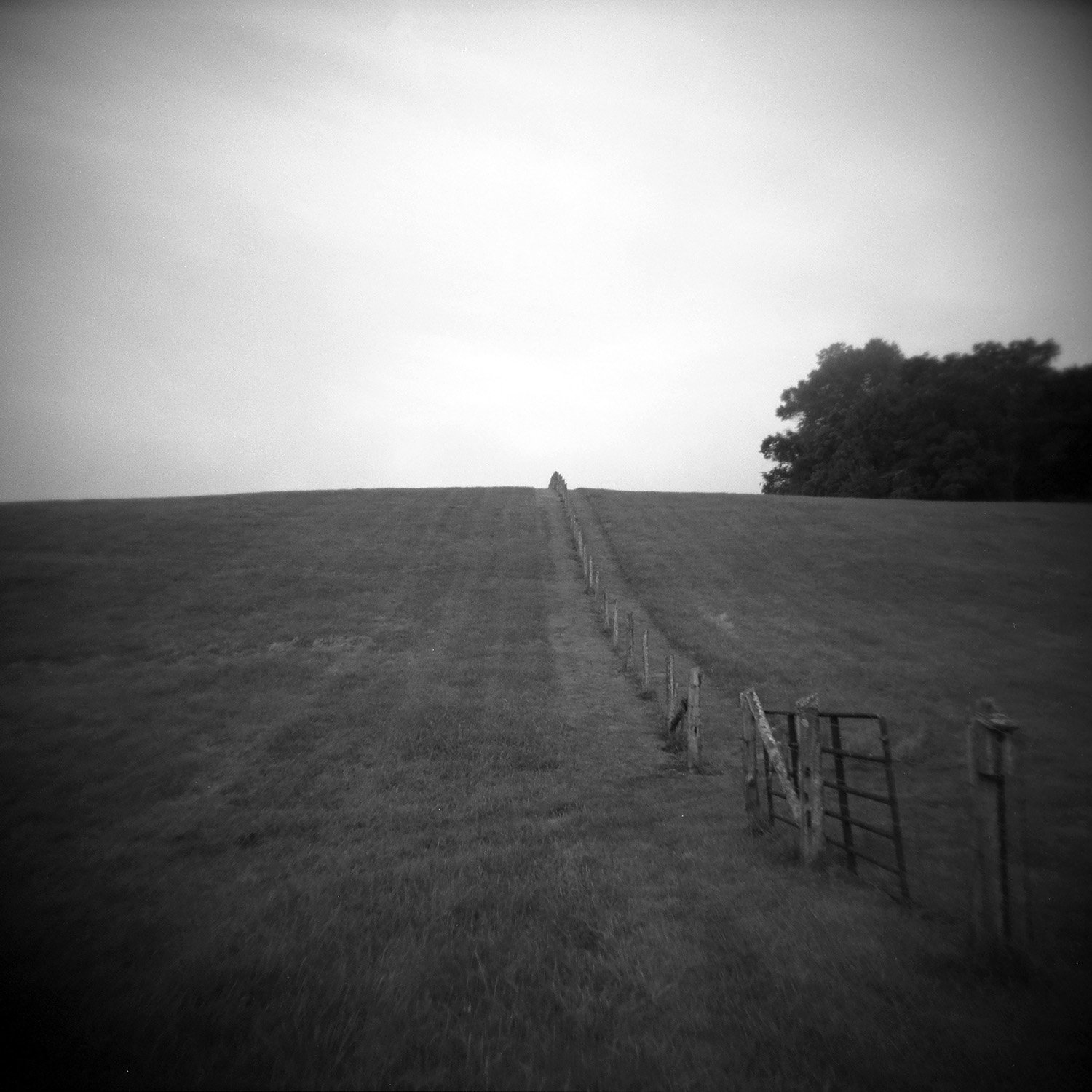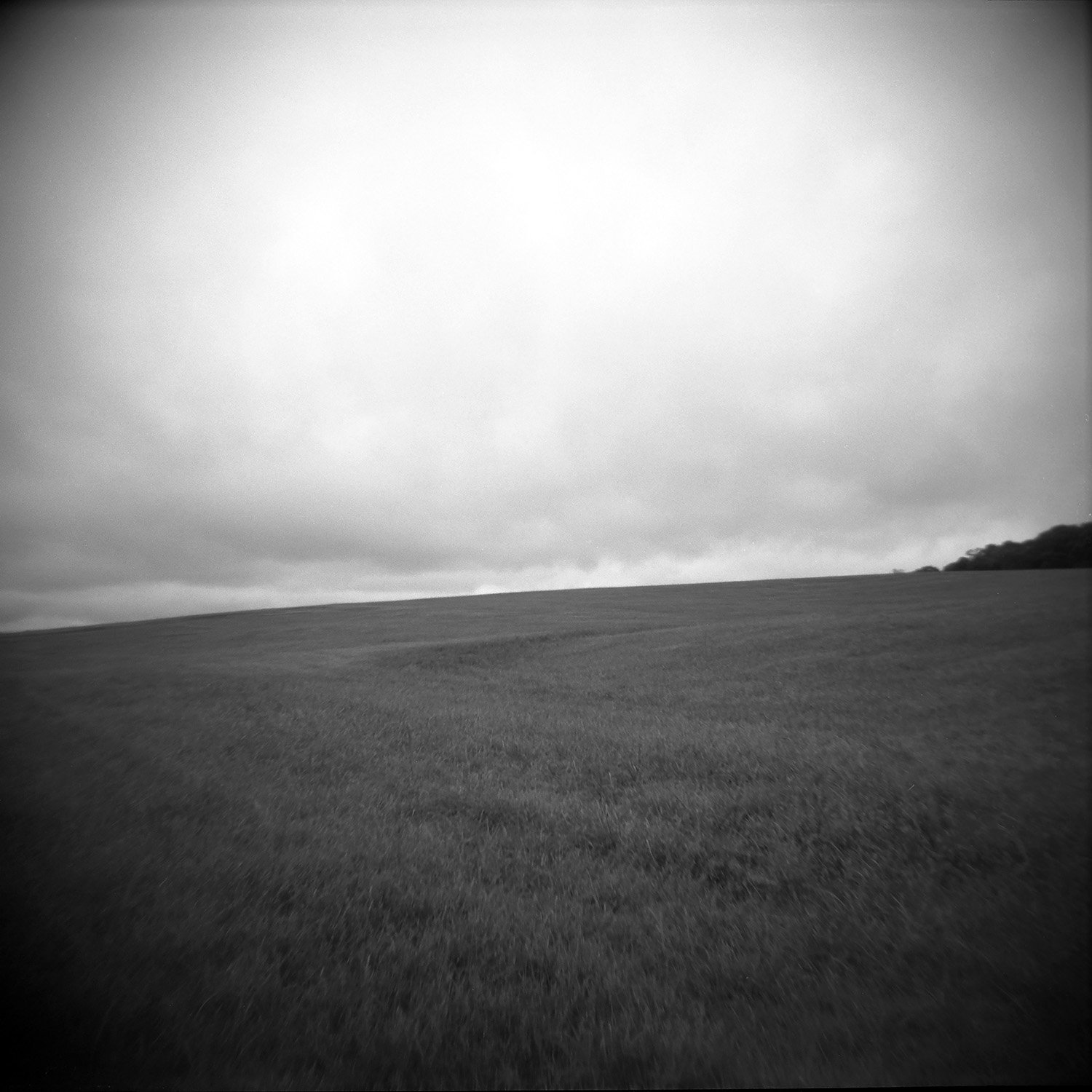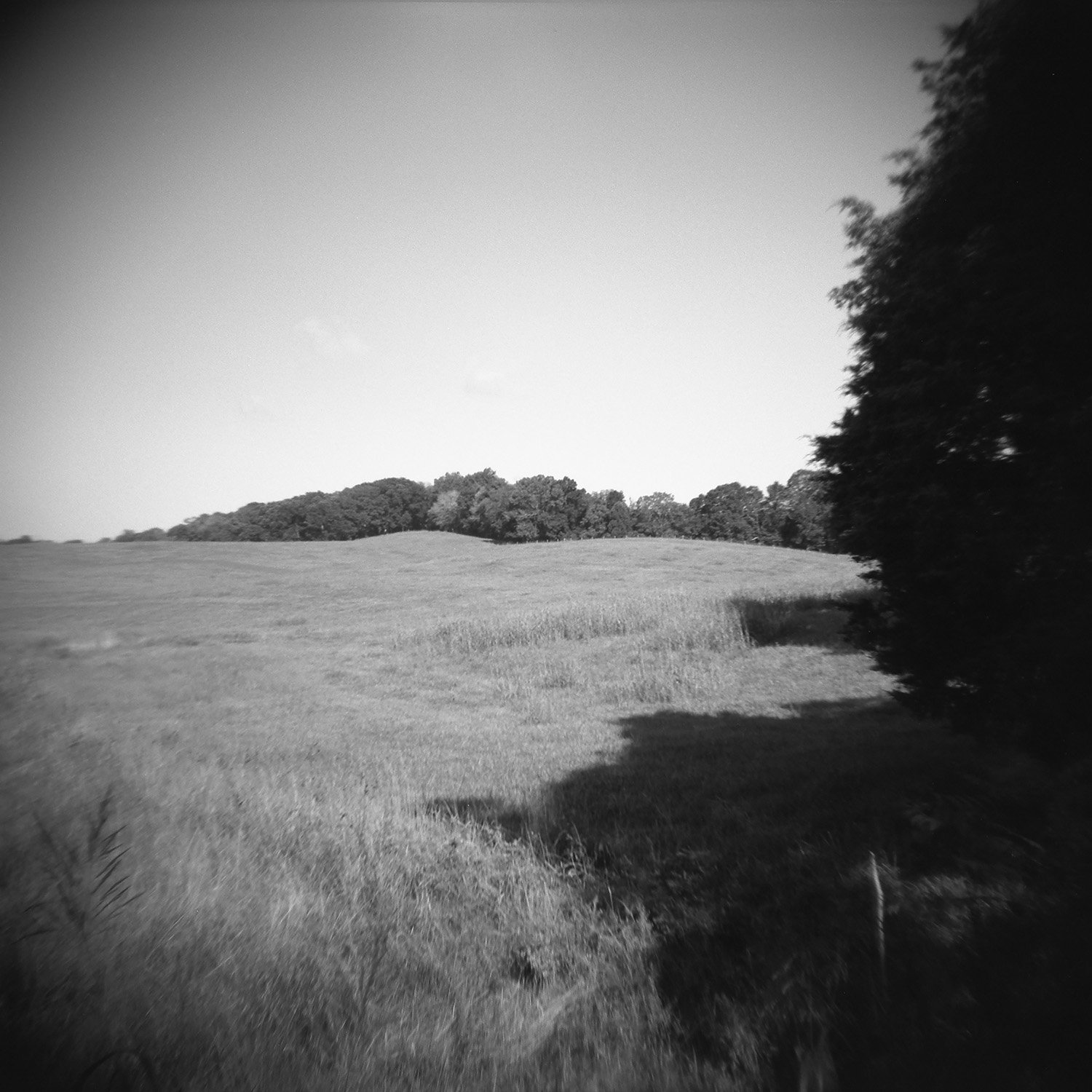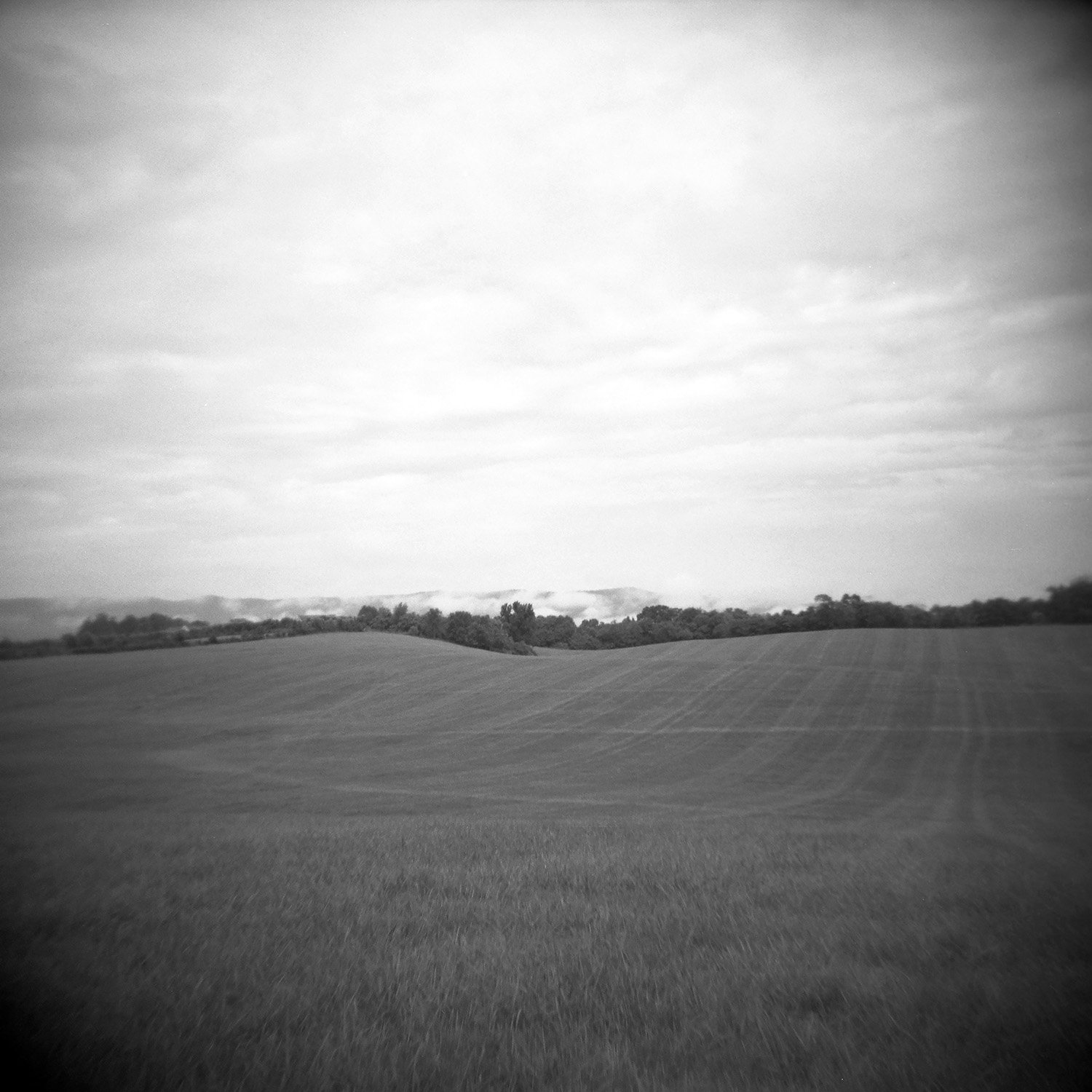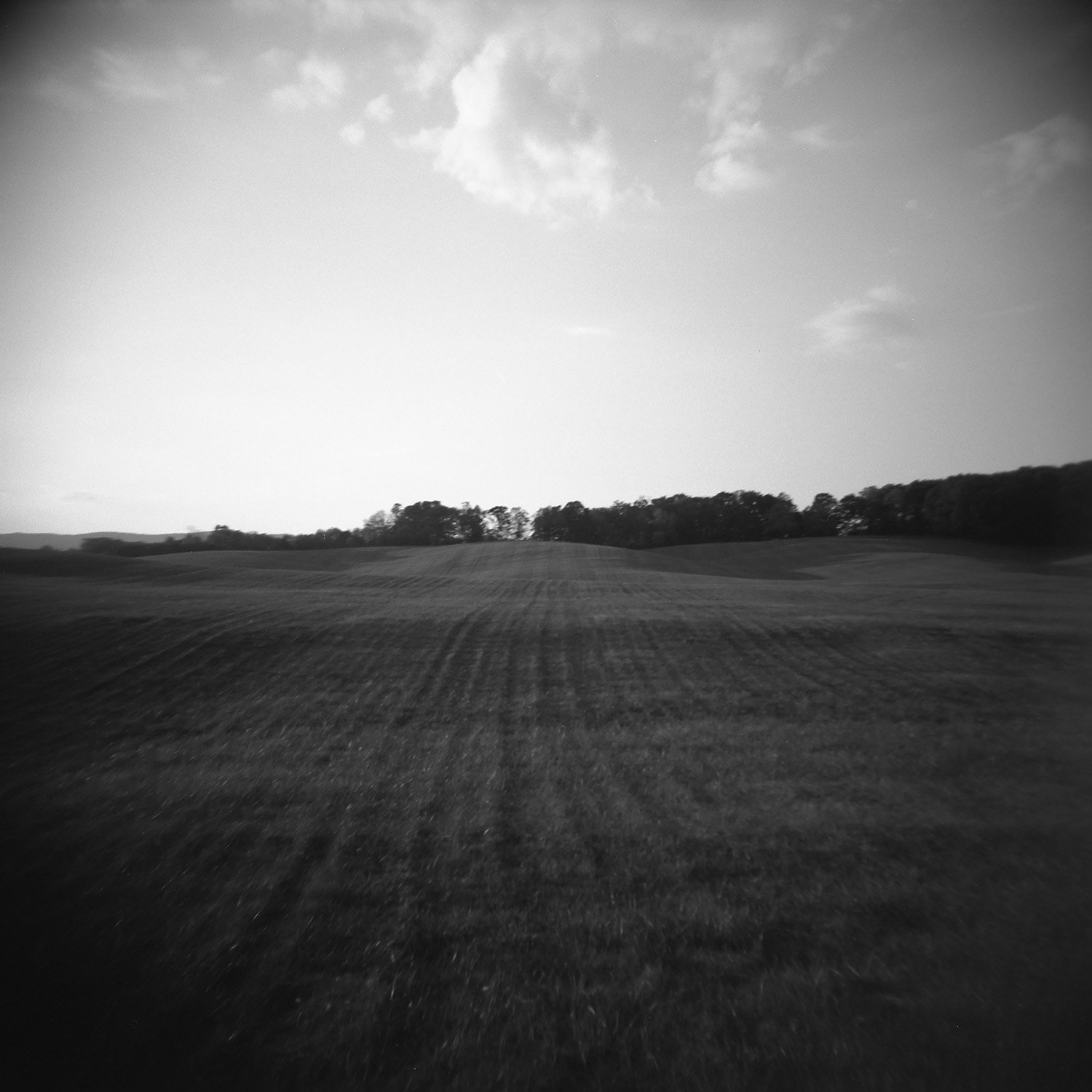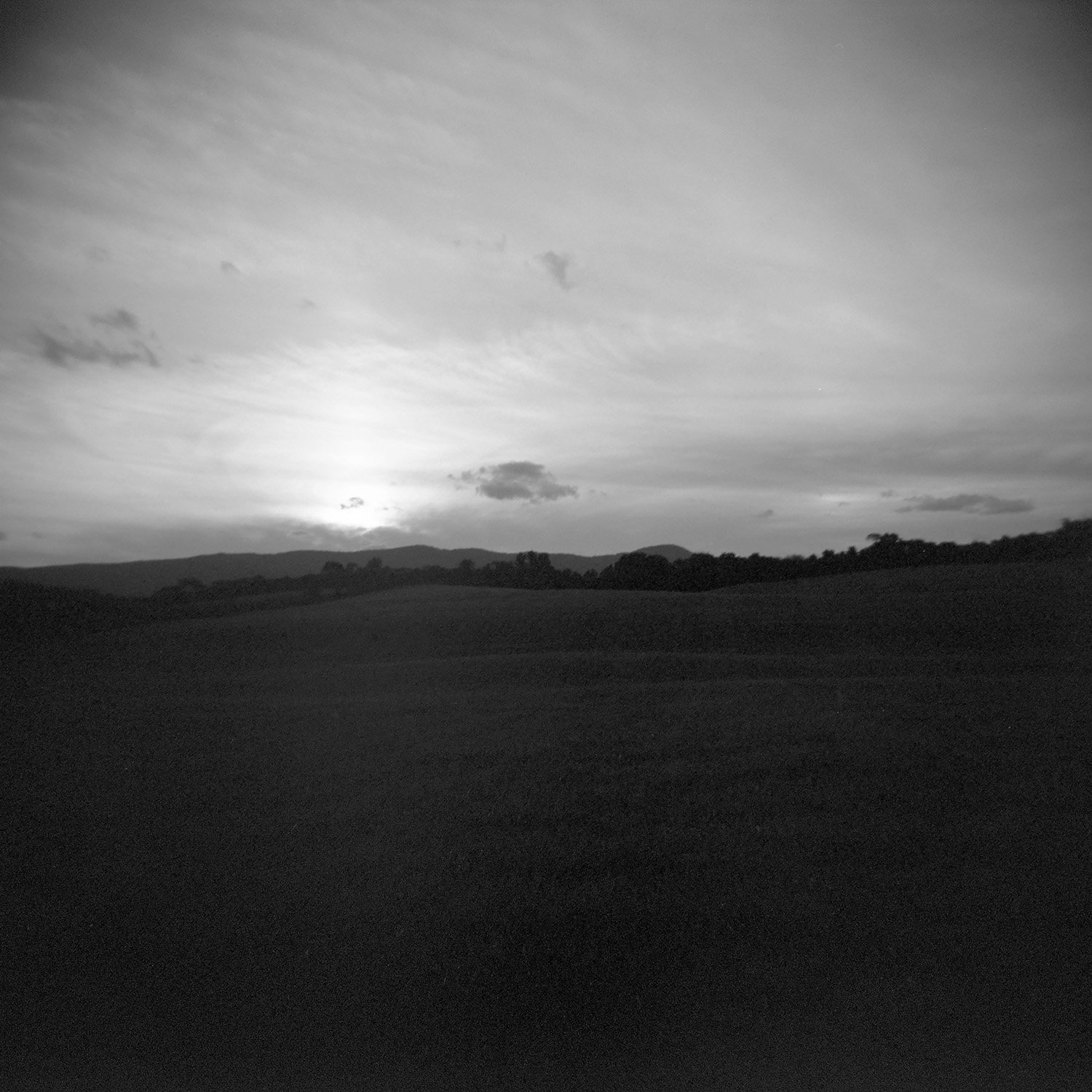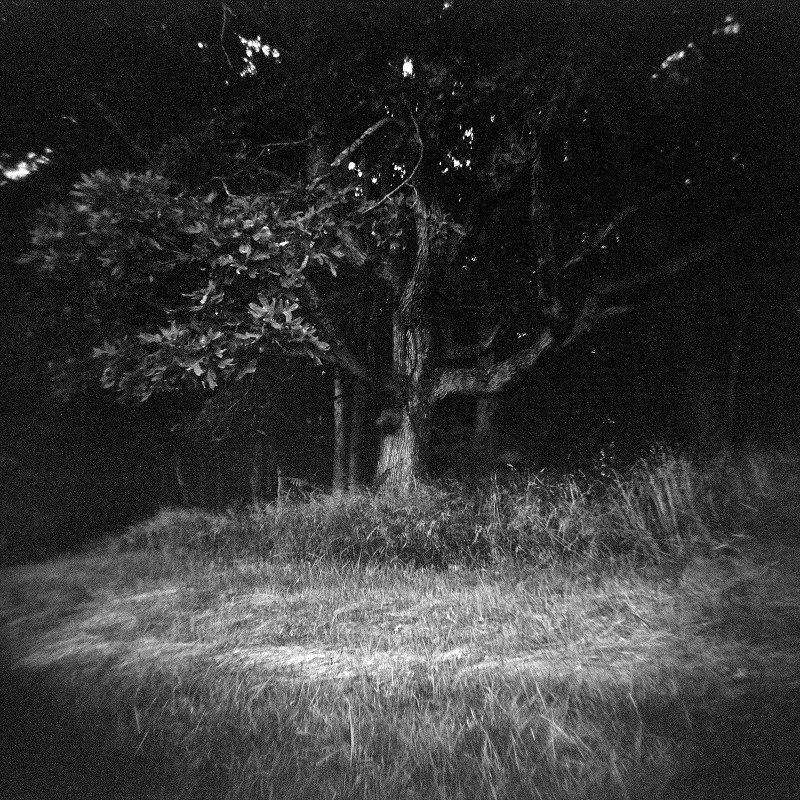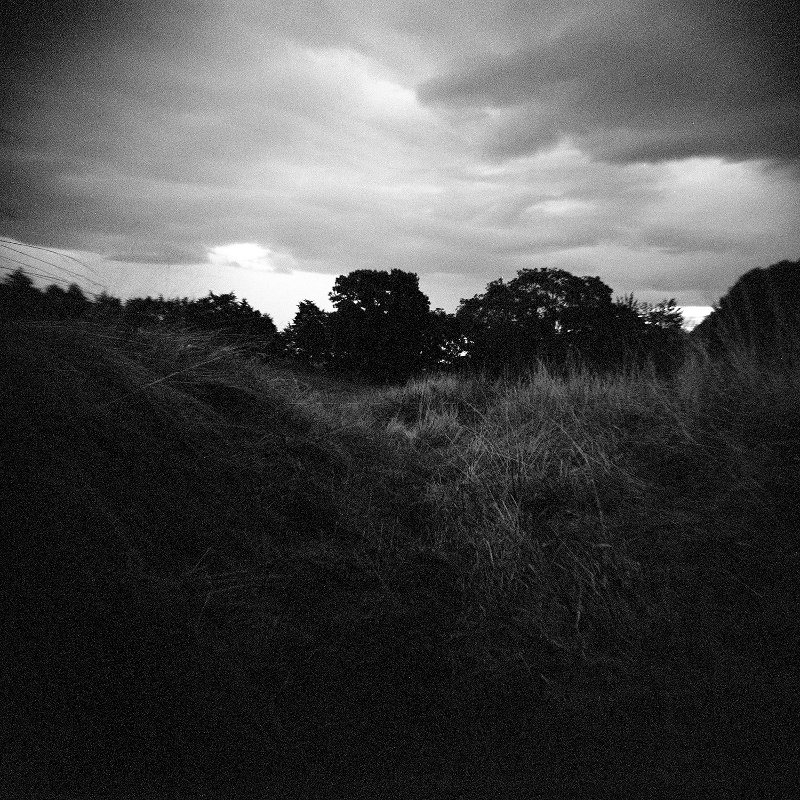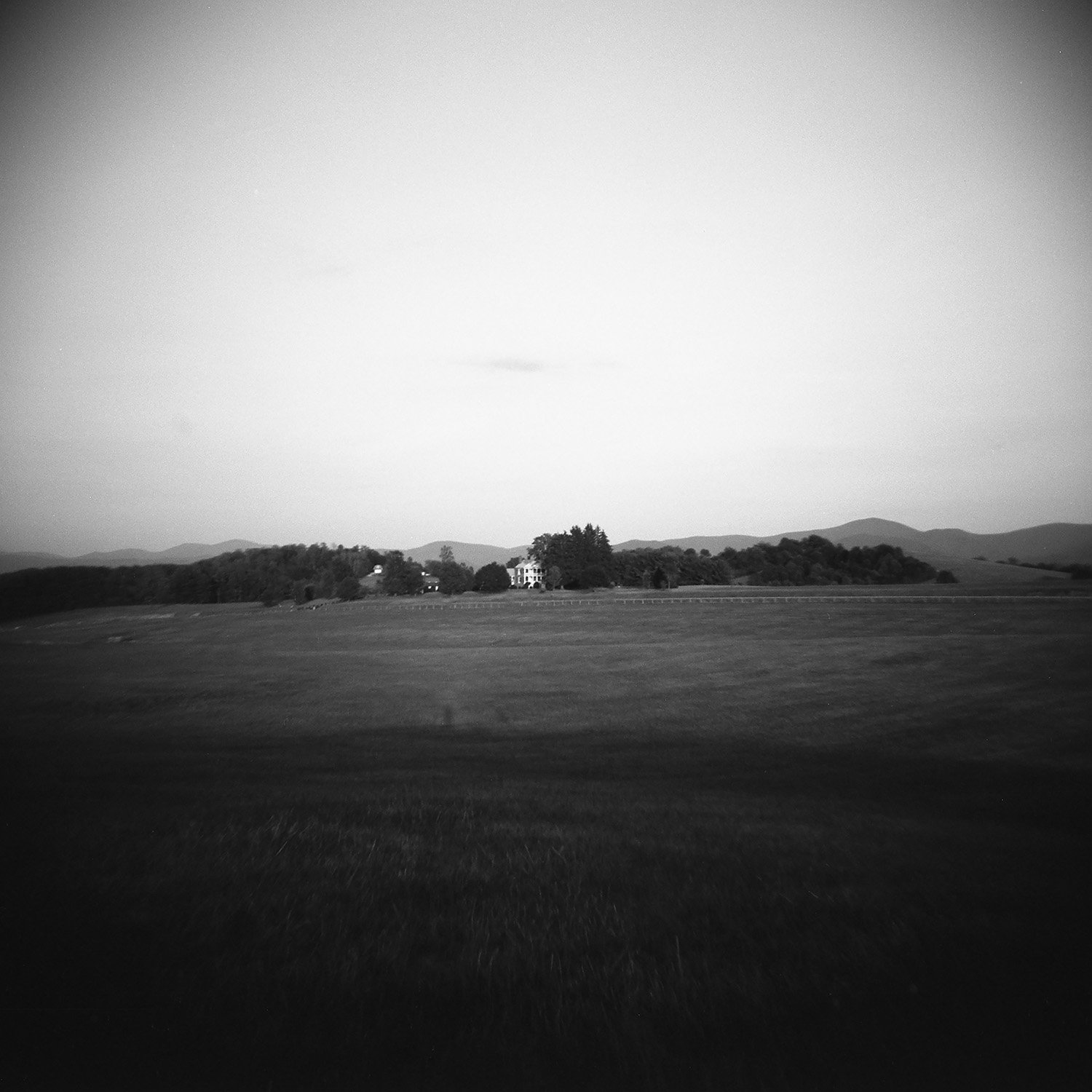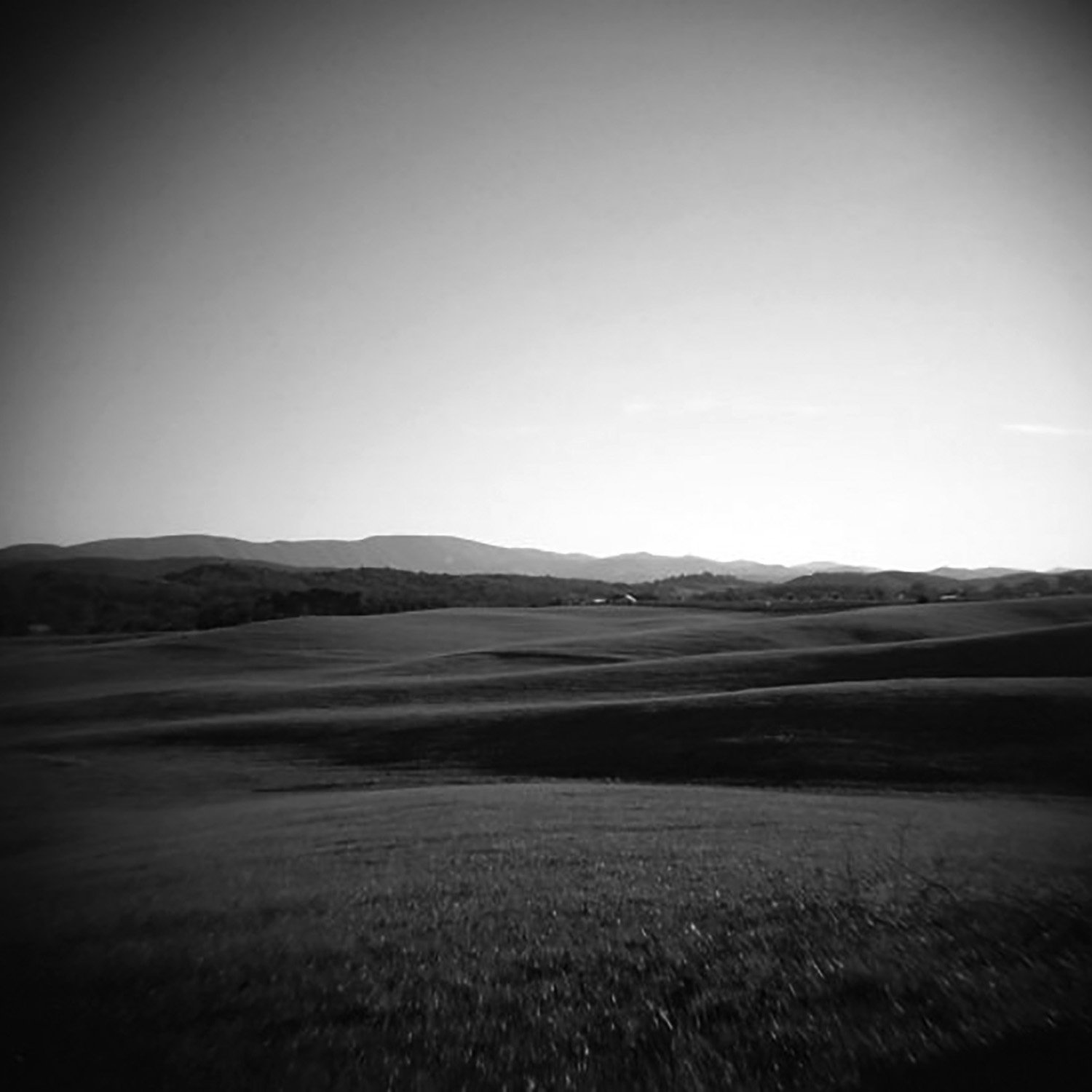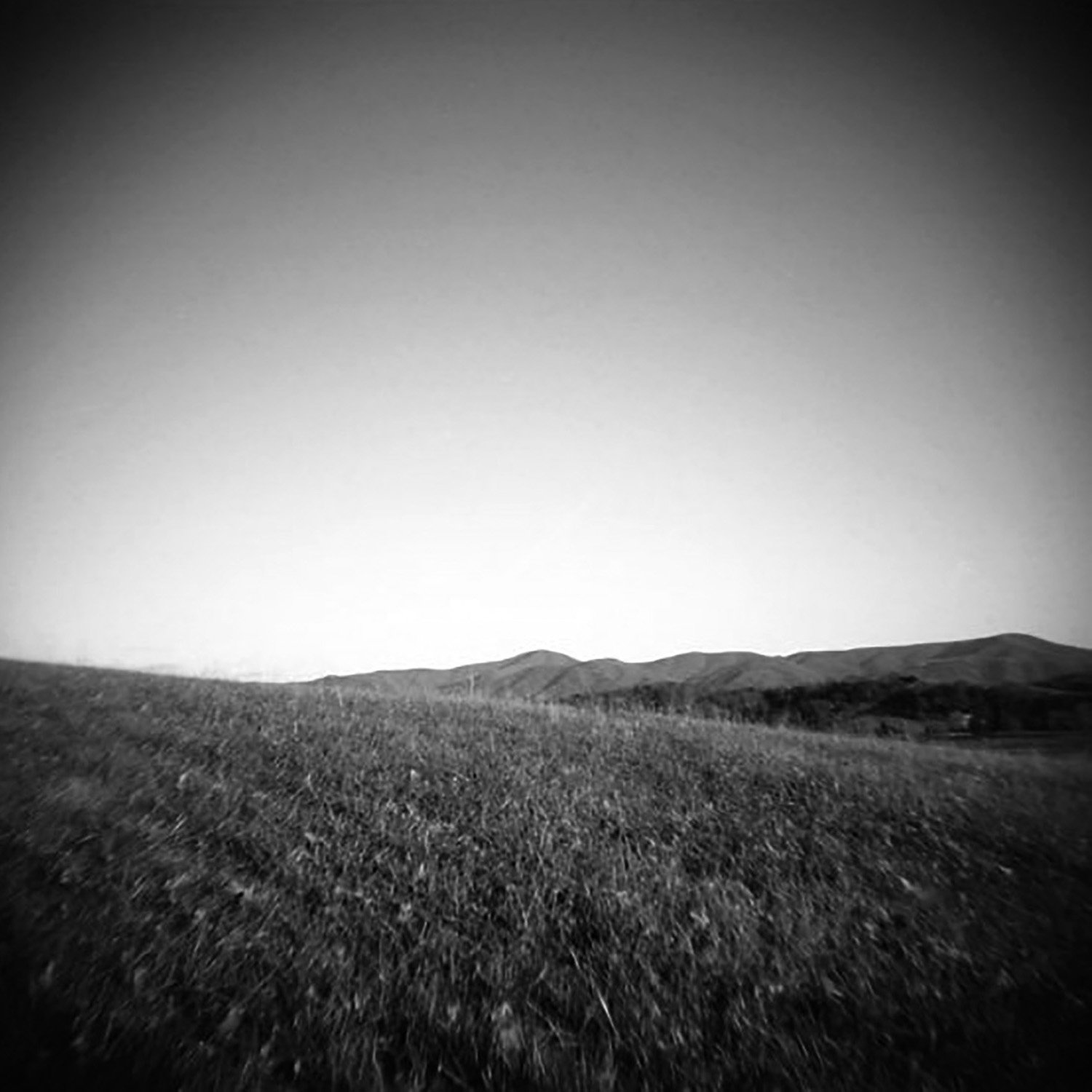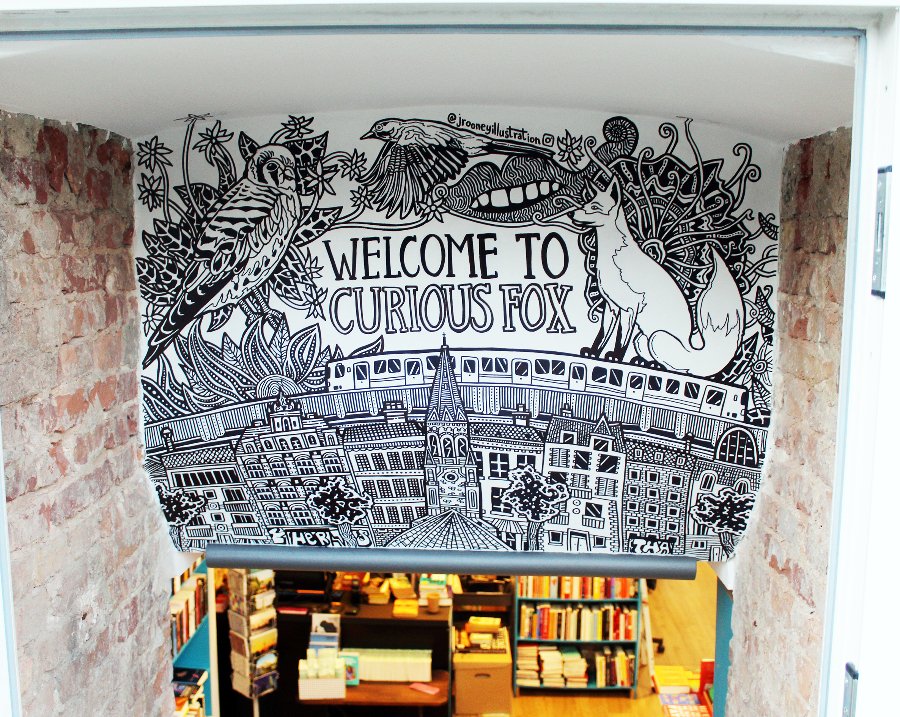Portraits of War: "Anna"
/Illustration by Emily Sweetman
This is the second in a series of portraits from our home city, of Berliners affected by the war in Ukraine. You can see all the portraits as we publish them here.
By Jacob Sweetman:
After we spoke in early March she sent me a message about what to call her. She wrote, “In Max Frisch style: let my name be... Anna”
Anna smiles guiltily when she says she's started smoking, knowing how ridiculous it is after all these years. But I don't blame her, and God knows it's understandable. For smoking may well be the last thing she has any agency over at the moment, seeing as she has no idea when she'll be able to return to Russia, if ever.
But she also senses that much of Germany - the country she lives in, and has done for more than a decade, and in which her daughter was born - regards her with ill-concealed suspicion. Though Anna faces neither daily shelling nor tanks, and her home city remains intact, at least physically, still, she feels helpless and lost, and she doesn't know what to do.
Still, she feels a crushing pressure, from without and within.
Anna was born in Chelyabinsk, “in the Soviet Union”, she says as if to emphasise that it is a different country to the one currently waging a war inside of Ukraine. It's a city of about a million people, flanked by the Ural Mountains, equidistant between Yekaterinburg and Magnitogorsk (where the first of the triptych of huge sword featuring sculptures, that includes the Soviet memorial in Treptower Park, stands. The other is in Stalingrad).
It is an industrial city, an isolated city on the edge of Siberia, famous mostly, not for its production of tanks during WWII or even its tea packing factory, but for the meteorite that exploded above its skies and onto the screens of our phones a few years ago.
She was still in single figures when communism collapsed, though the old textbooks hung around in school a while longer. I ask first if she remembers a sense of optimism around the time, but she says not.
“Other people saw a chance to make business, maybe, but we were just worried about what to eat the next day. There were no hopes. Just survival, from one day to another. We were in a one room apartment, my mum and I."
She says it was humiliating watching the flashes of sudden wealth on the backs of others while she was wearing worn out clothes. Later on, of course, Vladimir Putin would weaponise this feeling across much of the populace.
She laughs as she toys nervously with the small golden crucifix around her neck, sunflower yellow painted fingernails flashing in the Spring sunshine. It's not entirely convincing, her laughter. She's come so far geographically, 2,000 miles. But it's as if she's gone backwards, too.
She sits near the window in a two bedroom Berlin apartment she shares with her daughter and her mum, who came over before the war started to help Anna out after her marriage collapsed. Her mum speaks no German or English apart from a flawlessly annunciated, polite and practised 'hello'. Anna says she wants to return - to what, she's not sure - but she's trying to keep her here as long as she can. It's ironic, she says. They tried originally to move to Germany in the 90's, Anna ultimately making it in 2004.
"And now she's here, she doesn't want to stay."
Anna says that her mum still harbours plans of a Crimean holiday in the Summer, despite her daughters' protestations. Her mum's memories of state TV news reporting that all is well in the annexed region linger somehow.
"I remember visiting my family and watching TV. They always started with 'the President did this today... He visited...' and the next part was 'The Crimea is going very well, they are very happy with being part of Russia'."
Anna says she already understood that the prospect of Putin resetting what she calls the "embarrassment" of Boris Yeltsin's drunken, corrupt presidency was impossible a long time ago.
The gaps in her sentences grow longer, partly because her English isn't as good as her German. But mostly because for a lot of the time she just doesn't know what to say.
"I started to understand it when he exchanged the presidency with the Prime Minister. I was very scared back then, it was just so obvious. I went to demonstrations and I voted, but there was always this sense of being observed. It was a touch screen and I was thinking maybe they were also saving my fingerprints." She will need to renew her passport at some point in the next year, but the idea of entering the Embassy again fills her with dread.
"It's Russian soil," she says. “I never feel safe there.”
She knows that someone in a building opposite the Kremlin has been looking at her website, that they know she's been critical of them, and that her breaking of new laws could mean her imprisonment.
"As a linguist, I am scared by the use of language, and how they have started to tell you what to say, what to call things. I know it's a war, they shouldn't tell me not to call it a war if its a war, you know. But if I call a war a war, I go to prison."
Though she's been in Germany for a decade and a half she's never felt at home here. She lived in Leipzig for a few years at first where she learned to speak German as flawlessly as if it was a mother tongue to avoid the stares of people on the trains, on the trams.
“They just wanted me to leave,” she says.
Berlin was better, at least through the comparative anonymity offered by the city – and she is keen to point out her neighbours have offered meals if she ever finds herself stuck, though a lack of food is not the problem - but the staring on the trains and on the trams, and the fear of speaking her language has started to return.
She fears the wave of rage against any Russians, and mentions the recent firebombing of a Russian school in Marzahn, one of hundreds of attacks on buildings and on people since the invasion. She says it doesn't feel safe here. She's glad her daughter doesn't go to a Russian school.
Her daughter is about the age Anna was when the Soviet Union collapsed, but she has access to the outside world in a way Anna never did. She watches kid's news. She asks Anna every day how it could be that Russia have invaded Ukraine, that they have started a war?
Anna says she doesn't know how to answer any more. She doesn't know how it happened, herself. Even until the invasion, like so many of us, she was convinced it wouldn't come, that this was all just a game, the timeless noises of little men in far away places, puffing out their chests.
But it was an act of self-delusion, a bit like her Mum wanting to go to Crimea.
And in turn Anna has friends and family who now call her a traitor.
"Yeah, they were very angry at me. They said now that I'm a 'foreigner, I'm different now', that I don't see the truth. And, 'look at the Crimea,' they say. 'It's so good and it's ours it has always been ours... My aunt is very much pro-war, and she screams at my mum on the phone, saying 'how dare you say Putin is a shit, because if we didn't go in, the next day they would attack us...' It scares me because just a few weeks ago I could visit them without talking about politics, but now that's over. I cannot go there any more. It just wouldn't be... it wouldn't be me."
Her father is "patriotic" (when she says this, she thinks first long and hard about the correct word to use) and works in education. “He studies means of measuring patriotism in children.”
She says he has a list of qualities each girl should have and each boy should have.
"It's so Soviet," she says with a smile.
She says contemptuously how people are still making jokes about the war, how there's one doing the rounds about the men of Russia being happy that Apple pulled out before International Women's day, so they didn't have to spend money on expensive gifts for their wives and mistresses and girlfriends.
"They say, 'oh we don't care about McDonald's', and the Prime Minister says 'we can produce cutlets and rolls ourselves.' Well I don't care about McDonald's and it's not about cutlets and rolls."
She estimates that 70 percent of Russia supports the war, and that there'll be no getting through to them.
"I spoke to a theatre director, a Russian, who lives here, and he says the only thing for us to do - for the 30 percent - is to leave, we cannot deal with the rest of them... We need to establish a Russian life here."
She sees beauty in so much Russian culture, classical and contemporary, but she talks sadly of her favourite actors, musicians, poets, being scattered around the globe. They have no choice, she says.
"I'm afraid to lose the connection, and I'm afraid the day we try again we'll have nothing in common any more... I'm losing my people," she says.
"Yet at the same time," I say, "you're here and you don't feel you have these people behind you either."
"I never had them."
"But you're not thinking of leaving Germany?" I ask.
"No, not yet. Because of my daughter, and, as well, where to live? Europe is united. So South America or what? China? Turkey? But even if I leave I'll carry it with me. Even if they stop tomorrow the damage is done."
I'm reminded of Kurt Tucholsky, a man who knew what it was to have to leave his country, who died by his own hand in exile, who wrote in 1929:
"We have the right to hate Germany, because we love it... Germany is a divided land. But one part of it is us."
Well Anna isn't talking about Germany. But through the pregnant pauses in her sentences and the way she plays with her necklace, and stares at the pot of yellowing Russian tea that sits in front of her, untouched, I know she feels a similar divide.
"There's no Russia - my Russia - any more. It’s gone."
***
Jacob Sweetman is a writer and sports journalist, at home in Berlin. His work has appeared in 11Freunde, The Guardian, The Berliner Zeitung, Wisden amongst others. His writing about 1.FC Union Berlin can be mostly found here and he has a website here
Emily Sweetman is an illustrator, at home in Berlin. She is a genius, and her work can be seen here



